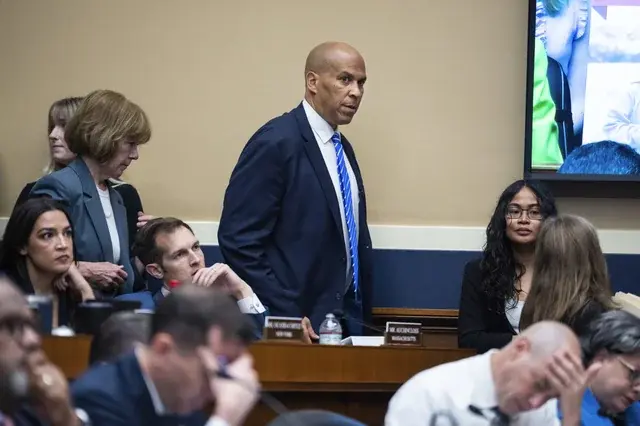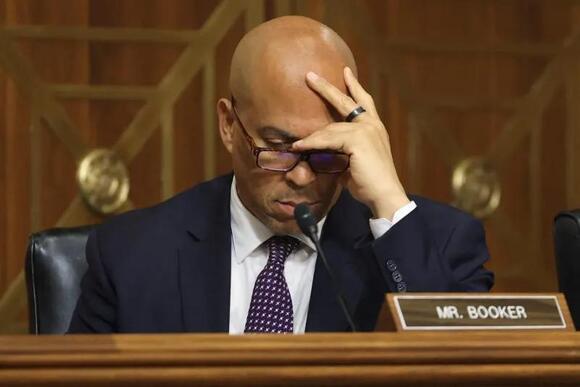Senator Cory Booker, the lone Democrat to vote for Charles Kushner’s confirmation as U.S. ambassador to France, has sparked outrage among critics who demand an explanation for his decision. Charles, father of Jared Kushner, President Donald Trump’s son-in-law, was confirmed on May 20, 2025, by a 51-45 Senate vote, with Booker breaking party lines to support the convicted felon pardoned by Trump in 2020. Kushner’s 2005 conviction for tax evasion, illegal campaign contributions, and witness tampering—including a scheme to hire a prostitute to seduce his brother-in-law and send the recorded encounter to his sister—has fueled accusations of corruption and cronyism. Critics, including political analysts and fellow Democrats, view Booker’s vote as a betrayal, especially after his 25-hour filibuster in April 2025, where he invoked civil rights icon John Lewis to “save democracy.”

Booker’s long-standing ties to the Kushner family, rooted in New Jersey politics, provide context for his decision. Charles Kushner donated to Booker’s 2002 Newark mayoral campaign, and in 2004, Booker wrote a letter supporting Kushner during his legal troubles. In 2013, Jared Kushner and Ivanka Trump hosted a fundraiser for Booker’s Senate campaign, raising $41,000. During his confirmation hearing, Charles thanked Booker for their “special and close friendship.” Booker has also cited their collaboration on the First Step Act, a bipartisan criminal justice reform bill, noting Kushner’s advocacy for prison reform post-incarceration as a reason for his support. “Without his efforts, the bill wouldn’t have become law,” Booker said, arguing that Kushner’s experience makes him uniquely qualified.
However, critics on platforms like X and Bluesky, including political strategist Conor Rogers and analyst Adam Carlson, have slammed Booker as a “fraud,” accusing him of prioritizing personal ties and past financial support over principles. They point to the severity of Kushner’s crimes, described by former prosecutor Chris Christie as “one of the most loathsome, disgusting” cases he handled, questioning why Booker would endorse such a figure for a critical diplomatic post. Democratic Senator Patty Murray, who voted against Kushner, emphasized his unsuitability, citing his criminal history and Trump’s pardon. The backlash has been amplified by Booker’s recent high-profile resistance to Trump’s agenda, making his vote appear inconsistent.
The confirmation comes at a tense time for U.S.-France relations, strained by Trump’s trade policies and stance on Ukraine. Kushner argued his past mistakes enhance his judgment, a claim met with skepticism by critics like former French ambassador Gérard Araud. Booker’s defenders suggest his vote reflects a pragmatic approach to bipartisan reform, but the optics of supporting a Trump ally with a tainted past have damaged his progressive credentials. As demands for clarity grow, Booker’s silence on the vote fuels speculation about his motives, leaving critics to question whether personal loyalty or political strategy drove his decision.






